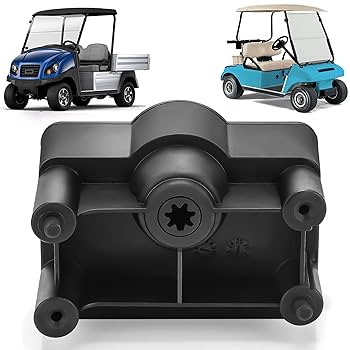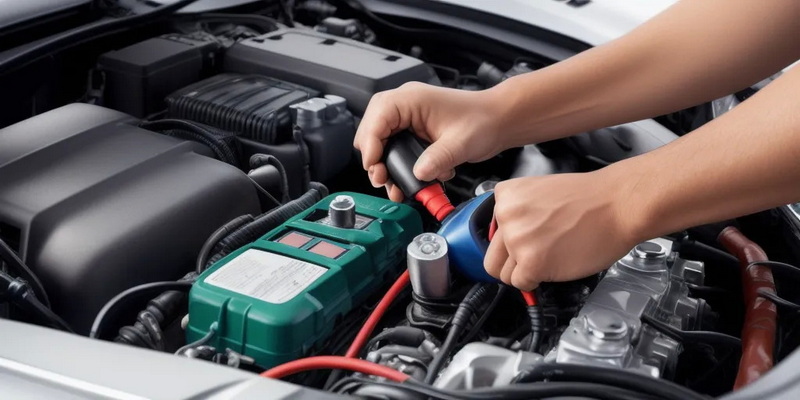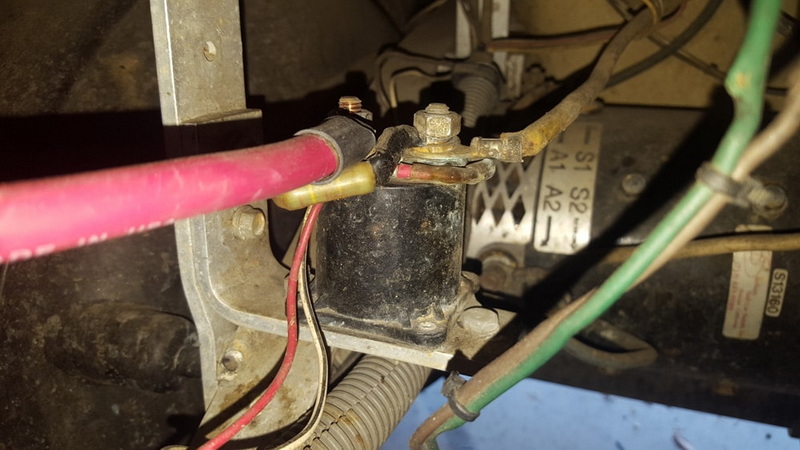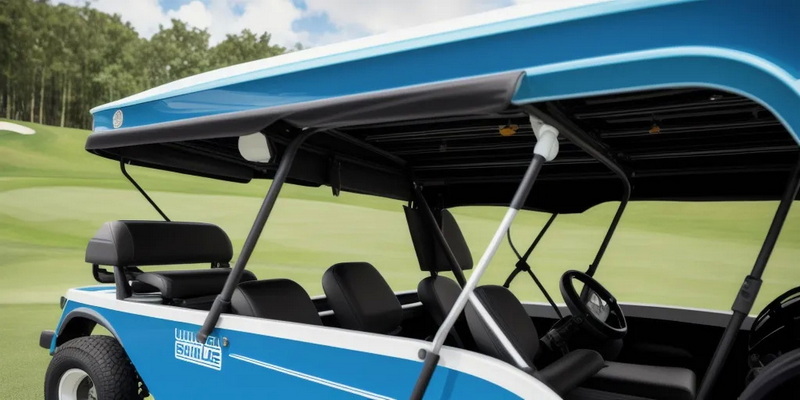Content Menu
● Common Causes of Jerking in Electric Golf Carts
>> Battery Problems
>> Speed Controller Malfunctions
>> Motor Issues
>> Drive Belt Problems
>> Tire and Suspension Issues
● Troubleshooting Your Electric Golf Cart
>> Check the Battery
>> Inspect the Speed Controller
>> Examine the Motor
>> Evaluate the Drive Belt
>> Assess Tires and Suspension
● Solutions for Jerking Issues
>> Replace Old Batteries
>> Repair or Replace Speed Controller
>> Service the Motor
>> Replace Drive Belt
>> Maintain Tires and Suspension
● Conclusion
● Related Questions
>> 1. How often should I check my golf cart's battery?
>> 2. What are signs of a failing speed controller?
>> 3. Can I fix my golf cart's motor myself?
>> 4. How do I know if my drive belt needs replacement?
>> 5. What maintenance should I perform regularly on my electric golf cart?
Electric golf carts are a popular choice for both recreational and practical use. However, encountering issues such as jerking can be frustrating. Understanding the potential causes of this problem is essential for maintaining the performance and longevity of your cart. In this article, we will explore the reasons behind jerking in electric golf carts, how to troubleshoot these issues, and provide solutions to ensure a smooth ride.

Common Causes of Jerking in Electric Golf Carts
Electric golf carts can jerk for several reasons, which can typically be categorized into mechanical and electrical issues. Here are some common causes:
Battery Problems
The battery is the heart of your electric golf cart. If it is old, improperly charged, or faulty, it may not provide sufficient power to the motor, leading to jerking movements.
- Old Batteries: Over time, batteries lose their ability to hold a charge.
- Improper Charging: Not charging the batteries correctly can lead to inconsistent power delivery.
- Corroded Connections: Loose or corroded battery terminals can disrupt the flow of electricity.
Speed Controller Malfunctions
The speed controller regulates the power from the batteries to the motor. If it is malfunctioning, it can cause erratic acceleration or deceleration.
- Faulty Speed Controller: A damaged controller may not deliver a consistent power supply.
- Loose Connections: Ensure that all connections are secure and free from corrosion.
Motor Issues
The motor itself may also be a source of jerking.
- Worn Motor Brushes: These brushes transfer electrical current to the motor; if they are worn out, they can cause performance issues.
- Motor Overheating: Excessive use without proper cooling can lead to overheating and jerking.
Drive Belt Problems
A worn or damaged drive belt can affect how power is transmitted from the motor to the wheels.
- Worn Drive Belt: A belt that has lost its tension or become frayed may slip during operation.
- Improper Alignment: Ensure that the drive belt is properly aligned with the pulleys.
Tire and Suspension Issues
The condition of tires and suspension systems can also contribute to jerking.
- Worn Tires: Tires that are bald or improperly inflated can cause instability.
- Suspension Problems: A damaged suspension system may not absorb shocks properly, leading to a jerky ride.

Troubleshooting Your Electric Golf Cart
If your electric golf cart is jerking, follow these troubleshooting steps to identify and resolve the issue:
Check the Battery
Start by inspecting the battery system:
- Measure the voltage using a multimeter.
- Look for any signs of corrosion on terminals.
- Ensure that all connections are tight.
Inspect the Speed Controller
Next, examine the speed controller:
- Look for any visible damage or loose wires.
- Test the controller with a multimeter to ensure it is functioning correctly.
Examine the Motor
Accessing the motor may require removing a panel:
- Check for any signs of wear on motor brushes.
- Listen for unusual noises that could indicate motor problems.
Evaluate the Drive Belt
Inspect the drive belt for wear:
- Check for fraying or signs of excessive wear.
- Ensure proper tension and alignment with pulleys.
Assess Tires and Suspension
Finally, check the tires and suspension system:
- Inspect tires for proper inflation and tread depth.
- Look over suspension components for any signs of damage or wear.

Solutions for Jerking Issues
Once you have identified the potential causes of jerking in your electric golf cart, you can take appropriate actions to resolve them:
Replace Old Batteries
If your battery is old or not holding a charge, consider replacing it with a new one that meets your cart's specifications.
Repair or Replace Speed Controller
If you find that the speed controller is faulty, consult with a professional to repair or replace it as needed.
Service the Motor
For worn motor brushes or other motor issues, servicing by a qualified technician may be necessary to restore functionality.
Replace Drive Belt
If you discover that the drive belt is worn out, replacing it will improve power transmission and reduce jerking.
Maintain Tires and Suspension
Regularly check tire pressure and tread depth, and service your suspension system as needed to ensure optimal performance.
Conclusion
Jerking in electric golf carts can stem from various issues related to batteries, speed controllers, motors, drive belts, tires, and suspension systems. By understanding these potential causes and following troubleshooting steps, you can maintain your cart's performance and enjoy a smoother ride. Regular maintenance is key to preventing these problems before they arise.

Related Questions
1. How often should I check my golf cart's battery?
It's recommended to check your golf cart's battery at least once every month to ensure proper charging and maintenance.
2. What are signs of a failing speed controller?
Signs include inconsistent acceleration, sudden stops during operation, or failure to respond when pressing the accelerator pedal.
3. Can I fix my golf cart's motor myself?
While some minor repairs can be done at home, it's best to consult with a professional for significant motor issues to avoid further damage.
4. How do I know if my drive belt needs replacement?
Look for signs of fraying, cracks, or if it slips during operation; these indicate that it may need replacement soon.
5. What maintenance should I perform regularly on my electric golf cart?
Regular maintenance includes checking battery connections, inspecting tires for wear and pressure, lubricating moving parts, and ensuring all electrical connections are secure.











































